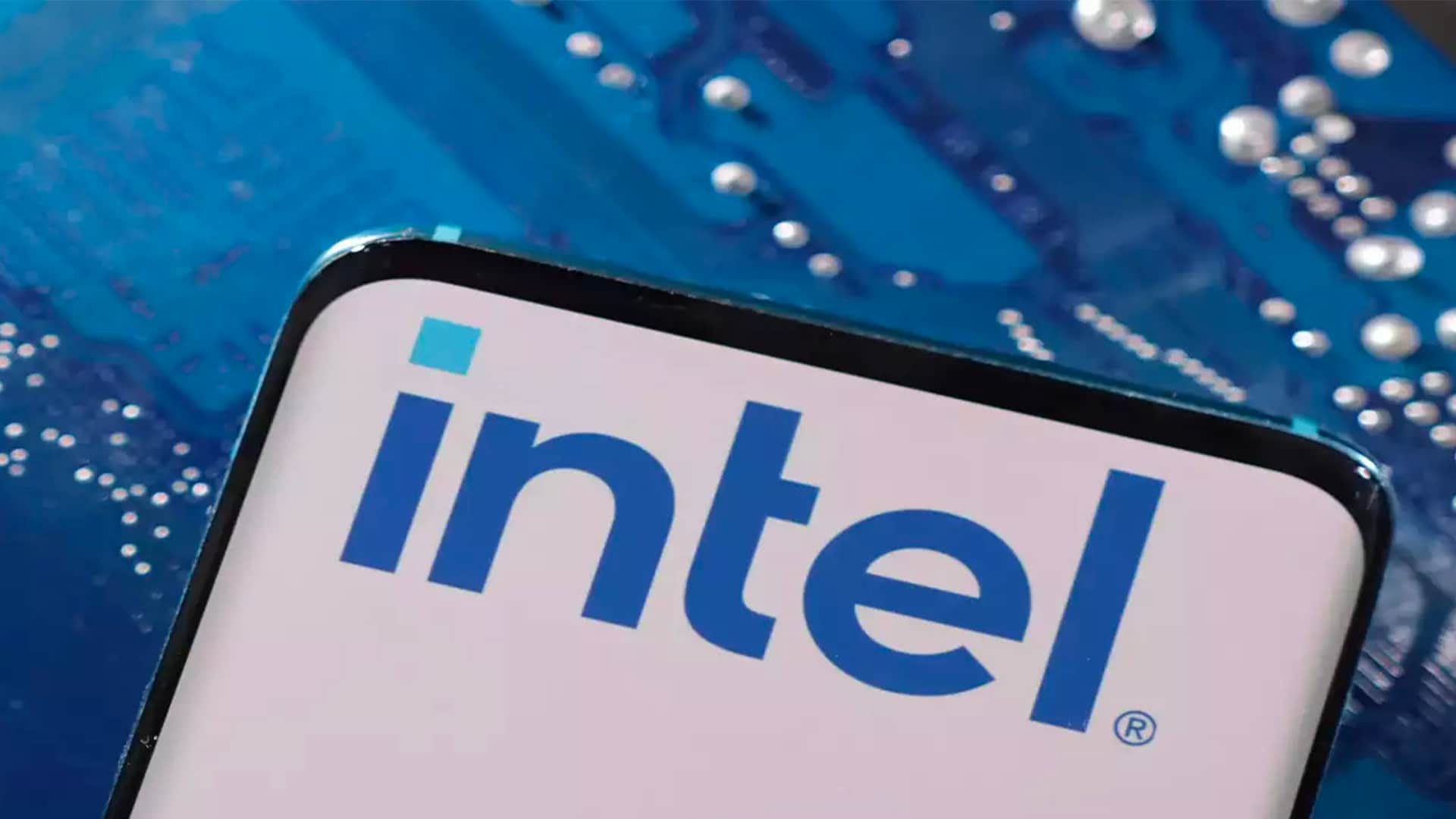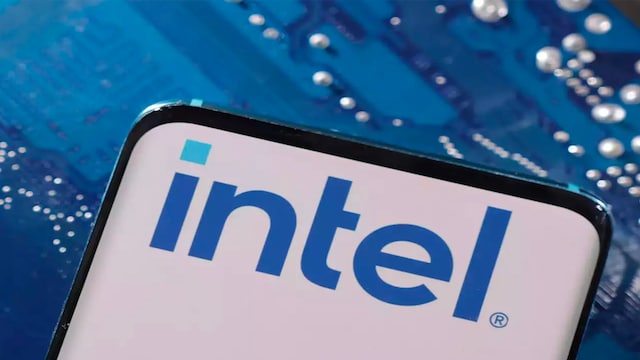
Intel exceeds Wall Street expectations had strong Quarter amid margin growth

Intel is optimistic about several factors contributing to its performance, including a robust rebound in personal computer sales, improvements in its data center business, and an expanding customer base seeking its manufacturing services
Intel has provided a positive outlook for their last quarter’s revenue and margins, surpassing the estimates of Wall Street analysts.
The company is optimistic about several factors contributing to its performance, including a robust rebound in personal computer sales, improvements in its data center business, and an expanding customer base seeking its manufacturing services.
Despite facing stiff competition in the data center chip market, notably from NVIDIA, Intel’s gross margins have increased at a faster pace than what analysts had anticipated.
Related Articles

Intel launches their Core 14th Gen Processors, along with Core i9-14900K the fastest Desktop CPU ever

Intel Core i9-14900K CPU Review: Incremental tweaks that give us the fastest desktop CPU in the world
The easing of the decline in the PC market and the stabilization of its server chip business have been key factors in this positive trend. It should be noted that Intel’s executives had previously cautioned that it might take well into the next year for margins to experience significant improvement.
The company also has secured three customers for its chip contract manufacturing business, with Chief Executive Pat Gelsinger telling Reuters he expects to close a deal for a fourth customer before year’s end.
The decline in global PC shipments narrowed to 7 per cent in the third quarter after double-digit percentage dips earlier this year, and the market is set to return to growth during the highly anticipated holiday season, analysts at research firm Canalys said.
The company forecast adjusted current-quarter revenue of about $14.6 billion to $15.6 billion, compared with an estimate of $14.35 billion according to LSEG data.
The company expects fourth-quarter adjusted profit per share of about 44 cents, above analysts’ estimate of 32 cents.
Heavy manufacturing investments to support Gelsinger’s turnaround plans have taken a toll on the company’s gross margin, which shrank to the mid-30s in the second quarter from over 60 per cent in 2020. The adjusted gross margin came to 45.8 per cent in the third quarter, compared with estimates of 42.7 per cent according to LSEG data.
Gelsinger said in an interview that Intel has a fourth foundry customer for its advanced manufacturing process called “18A,” which it plans start producing in late 2024 and which it will offer to customers through its Intel Foundry Services business.
“We now have three committed customers on 18A, and we expect that we will successfully conclude at least one more this quarter,” Gelsinger said.
He declined to say how many chips Intel will manufacture for those companies, but said the first has pre-paid and is “a very significant customer.”
“The next two are very meaningful, not as large as the first one,” Gelsinger added in an interview. “But now we have engagements with essentially the who’s who of foundry customers.”
On a conference call with analysts, Gelsinger also said Intel is in talks with six new customers for its advanced packaging business.
“These wins are coups against TSMC,” said Glenn O’Donnell, research director at Forrester, referring to Taiwan Semiconductor Manufacturing Co, the world’s largest chipmaker.
Intel reported adjusted profits of 41 cents per share in the third quarter, compared to an estimate of 22 cents according to LSEG data. Revenue fell 8 per cent to $14.2 billion.
Revenue in the client segment, which houses Intel’s PC business, fell 3 per cent to $7.9 billion. Asked about potential PC chip competition from Nvidia, which Reuters this week reported is planning to enter the market as soon as 2025, Gelsinger said on the conference call that “we don’t see these as potentially being all that significant overall.”
But he added that Arm-based chips for PCs could be “a great opportunity for our foundry” business.
Chief Financial Officer David Zinsner said Intel expects a fourth-quarter slowdown in sales of its programmable chips, as well as several quarters of slow sales next year. Intel said earlier this month it plans to spin that business off in an initial public offering.
Sales at its data centre business, which also houses its AI chip division, dropped 10 per cent to $3.8 billion. But Gelsinger said the company has seen interest surge for its “Gaudi” AI chips, with demand now outstripping supply.
Gelsinger said on a conference call that Intel’s factories in Israel, which is embroiled in a war with Hamas after an attack earlier this month, are “not missing a single commitment” despite the conflict.
Stay connected with us on social media platform for instant update click here to join our Twitter, & Facebook
We are now on Telegram. Click here to join our channel (@TechiUpdate) and stay updated with the latest Technology headlines.
For all the latest Technology News Click Here
For the latest news and updates, follow us on Google News.

